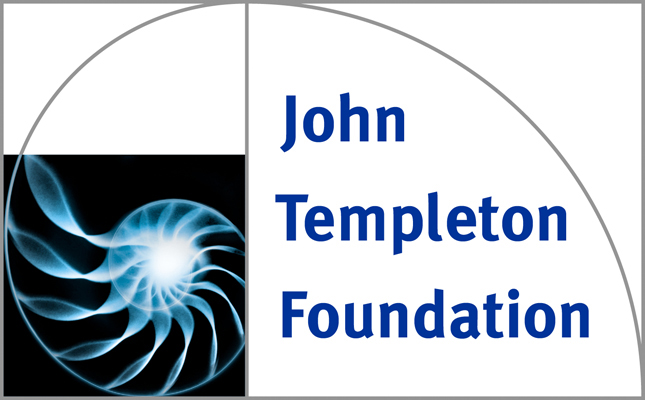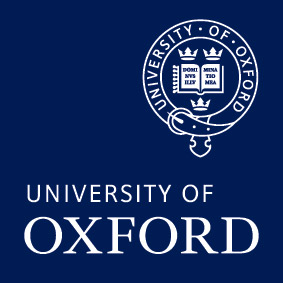Philosophy of Cosmology 2009Purpose of ConferenceCosmology is currently reaching a critical point, because the very nature of the concept of science is being challenged by cosmological proposals that appear to be becoming mainstream. The idea of a "multiverse" or "megaverse" is being strongly proposed by many authors for a variety of reasons, even though there is no chance of ever obtaining any direct astronomical or experimental data that can verify the existence of the supposed other expanding universe domains in the hypothesized multiverse. Nor can we propose that the multiverse necessarily exists because it is an inevitable consequence of known and tested physics, for the underlying supposed physics has not been tested and may even indeed be untestable. In this context a variety of theoretical and observationally or experimentally related arguments have been given for the existence of a multiverse, that in essence amount to a claim that we should weaken the usual requirements for verification of scientific theories that underlie the success of the scientific project over the past 300 years. They in essence take into account various situations in standard physics where claims for the existence of unobservable entities are proposed to have a solid scientific basis, and extend them to the cosmological context. However no proper philosophically solid examination of these proposals for weakening the nature of science have been undertaken, nor have the wider ramifications of these proposals been systematically investigated. This workshop, with strictly limited numbers of attendees so as to enable proper dialogue to take place, will examine the way scientific theories should be developed and tested in the context of cosmology, examining the kinds of theoretical, observational, and experimental criteria that could be used to legitimate a cosmological theory as indeed scientific, and in particular to justify unseen entities. These criteria may involve the mode of argumentation, the nature of the theory, the way it is developed; and the way it is tested. The nature of the criteria proposed may have significant implications not only for the multiverse issue, but also for acceptance or continued rejection of various topics that are currently regarded as fringe science rather then genuine science. The meeting will then consider the various arguments given for the existence of a multiverse in the light of these proposed criteria for a scientific theory. Some sets of criteria will imply that some forms of the multiverse proposal are indeed scientific, while others will contradict this claim. The overall intention is not necessarily to come to a universally accepted set of criteria for existence of a scientific theory that is appropriate in this context, but at least to clearly confront these issues and set out different approaches that may eventually resolve the question of what criteria should be used to recognise a valid scientific theory. This meeting will aim to initiate a serious interaction between cosmologists and philosophers of science, focusing around the multiverse issue, that has been lacking so far. The invitees will include philosophers of science, cosmologists, astronomers, and physicists. The questions are fundamentally technical ones requiring knowledge and good judgment in physics, but it is useful to have some participants giving a more general mix. We want specialist philosophers of cosmology, but also generalist metaphysicians and heavy-hitters in philosophy of science and philosophy of probability with no special knowledge of cosmology, to help ensure an overall reasonableness and balance of the arguments from a broader perspective. From the science side, we want some cosmologists/physicists who are multiverse proponents, some who are critics, and some who are neither, giving a broad astrophysical/ cosmological perspective on the issue. This conference was part of a larger movement to establish the philosophy of cosmology leading to two larger projects funded by the Templeton Foundation. The first is a Rutgers-NYU collaboration and the other is an Oxford-Cambridge collaboration. |

